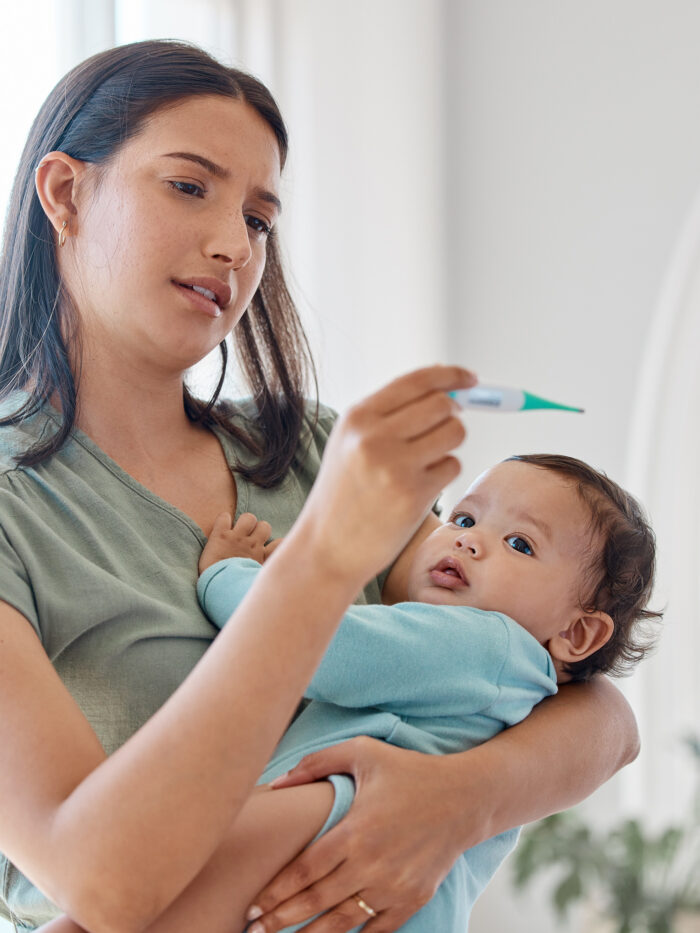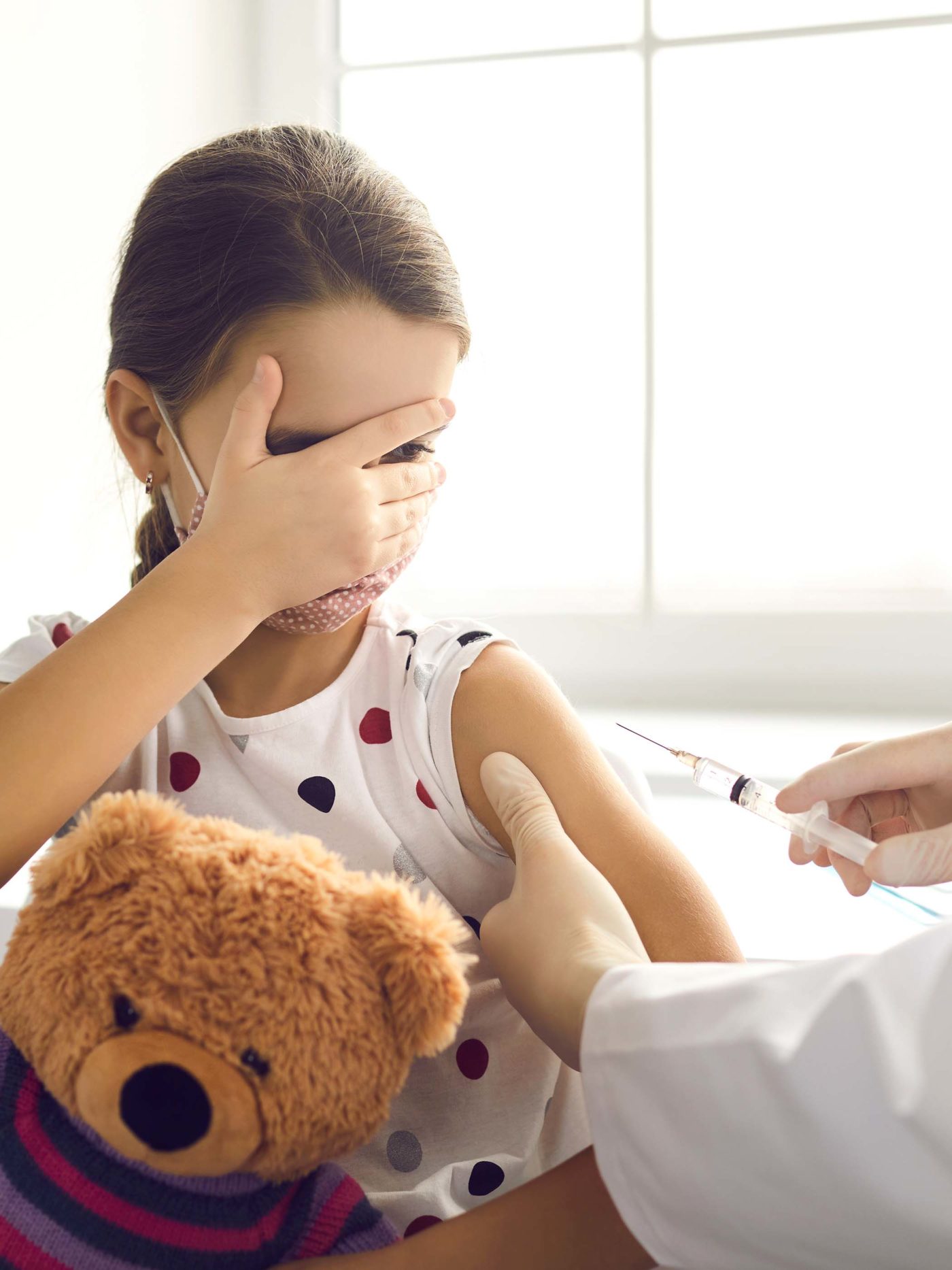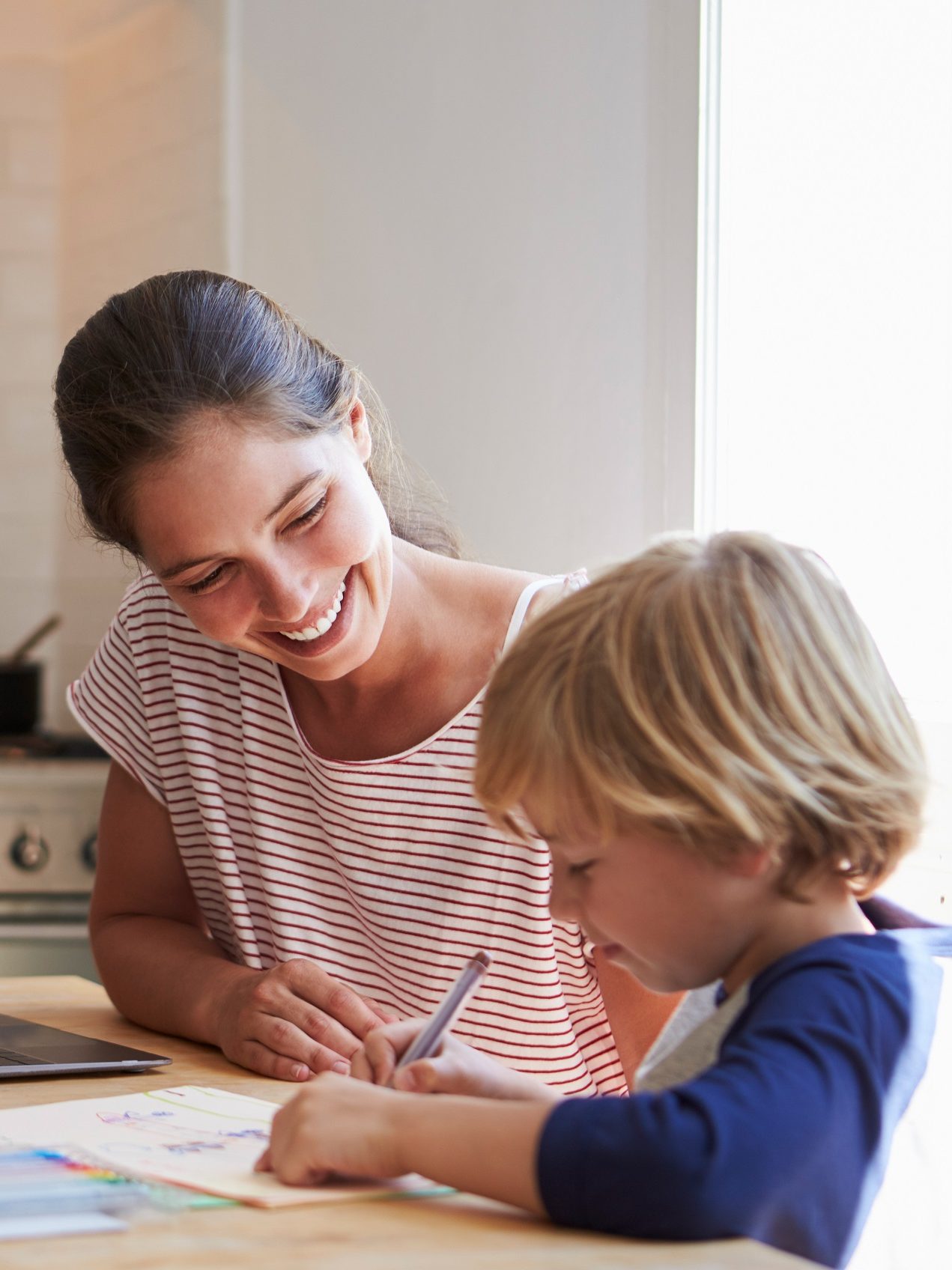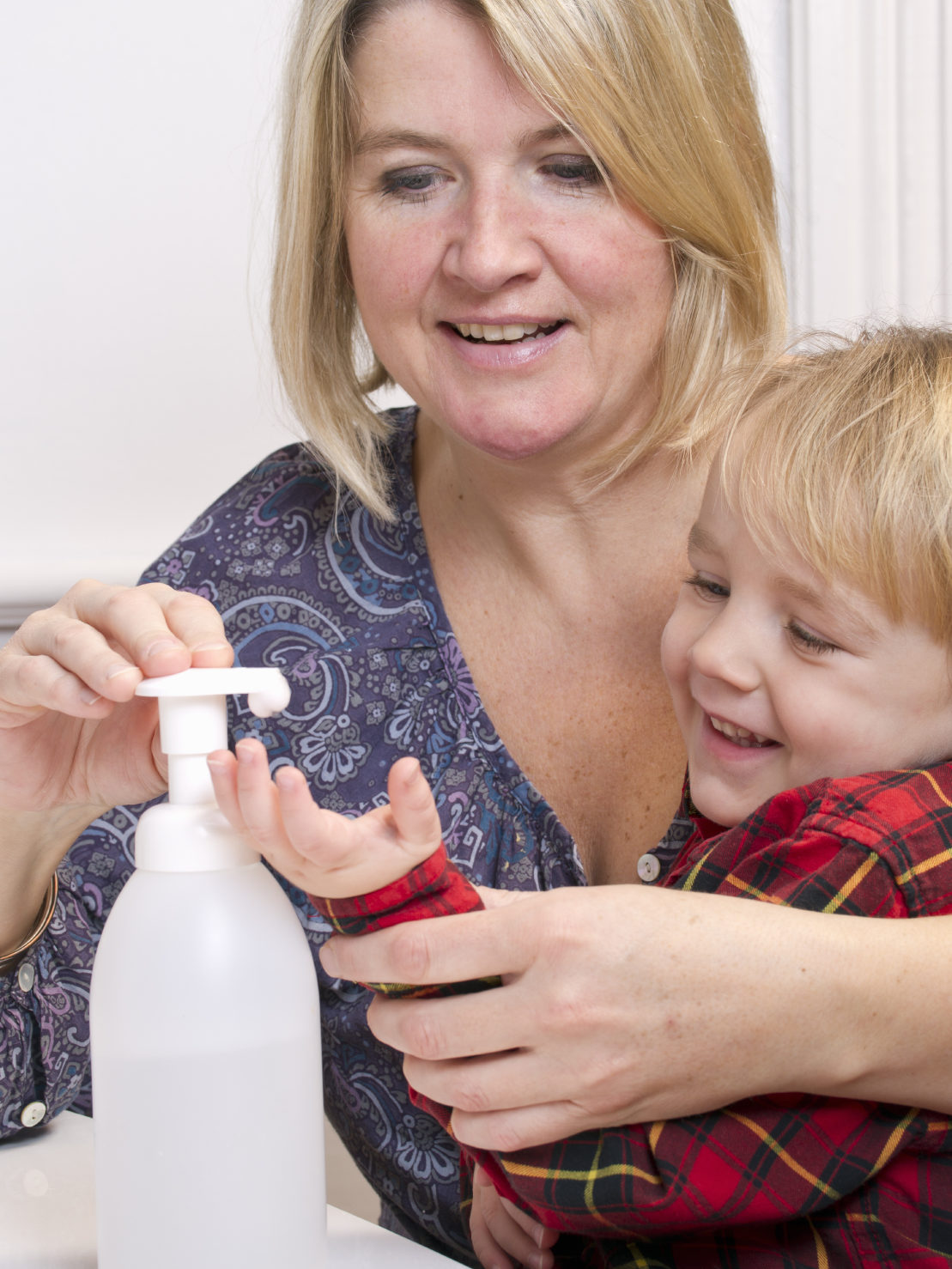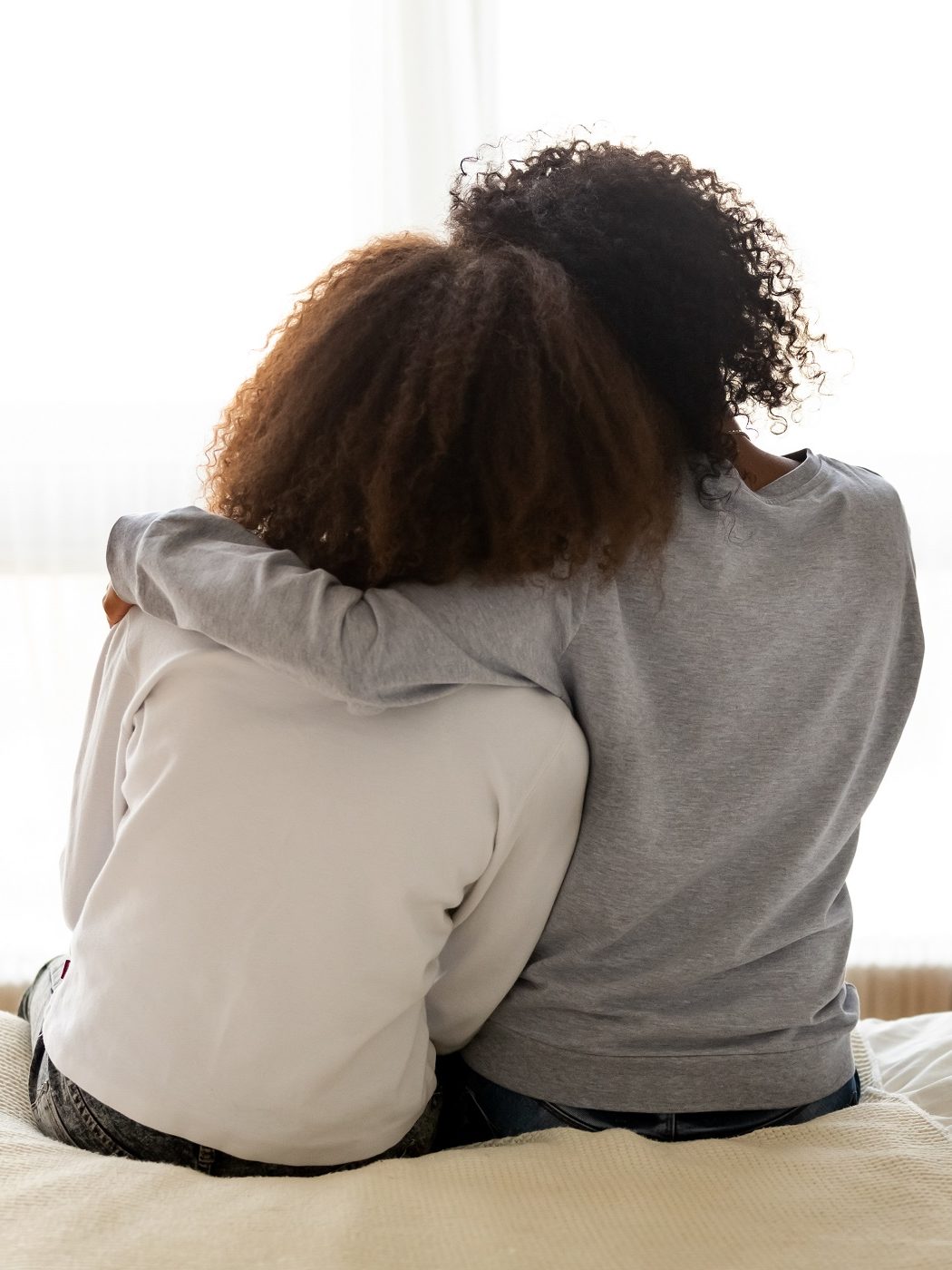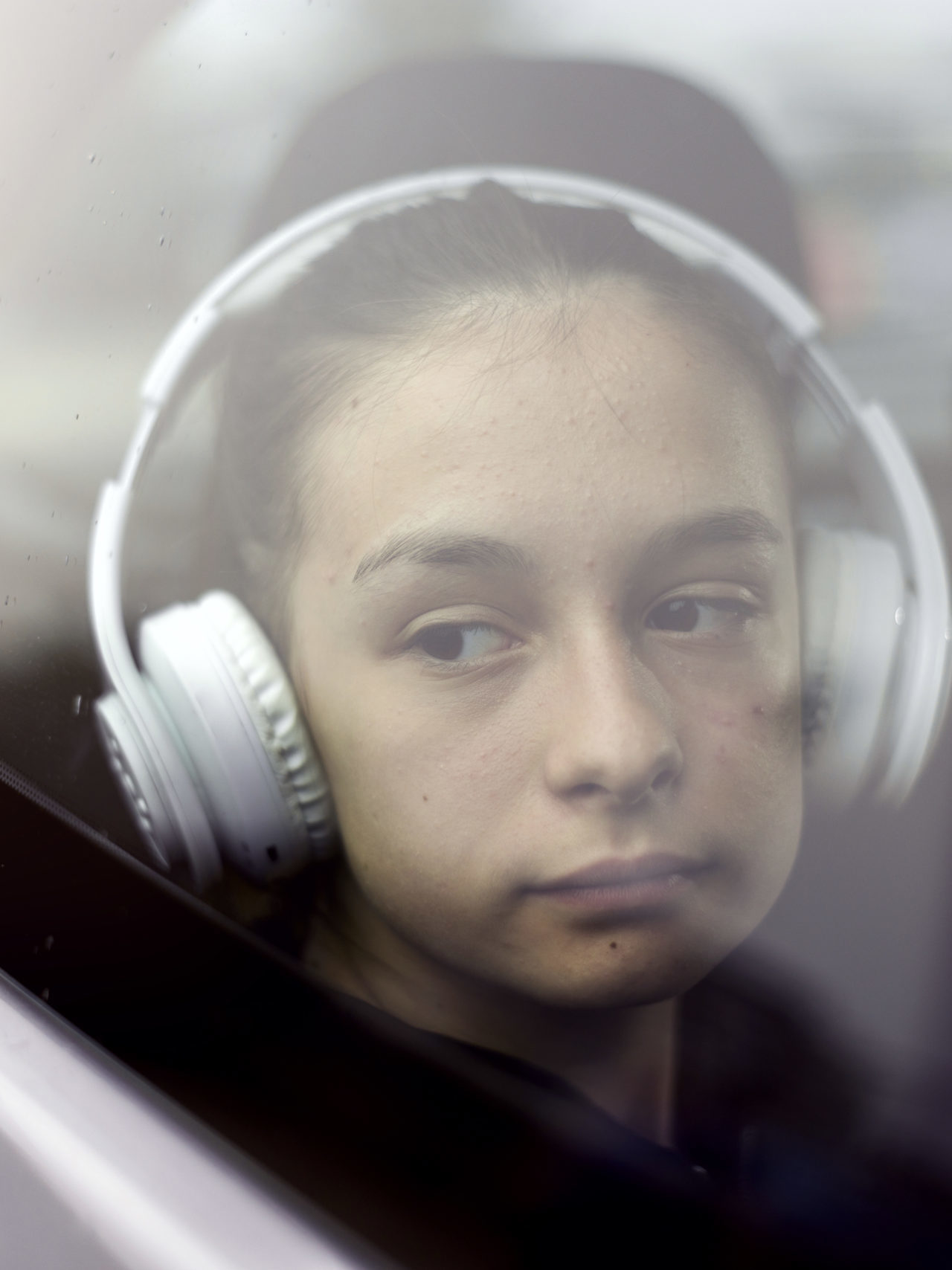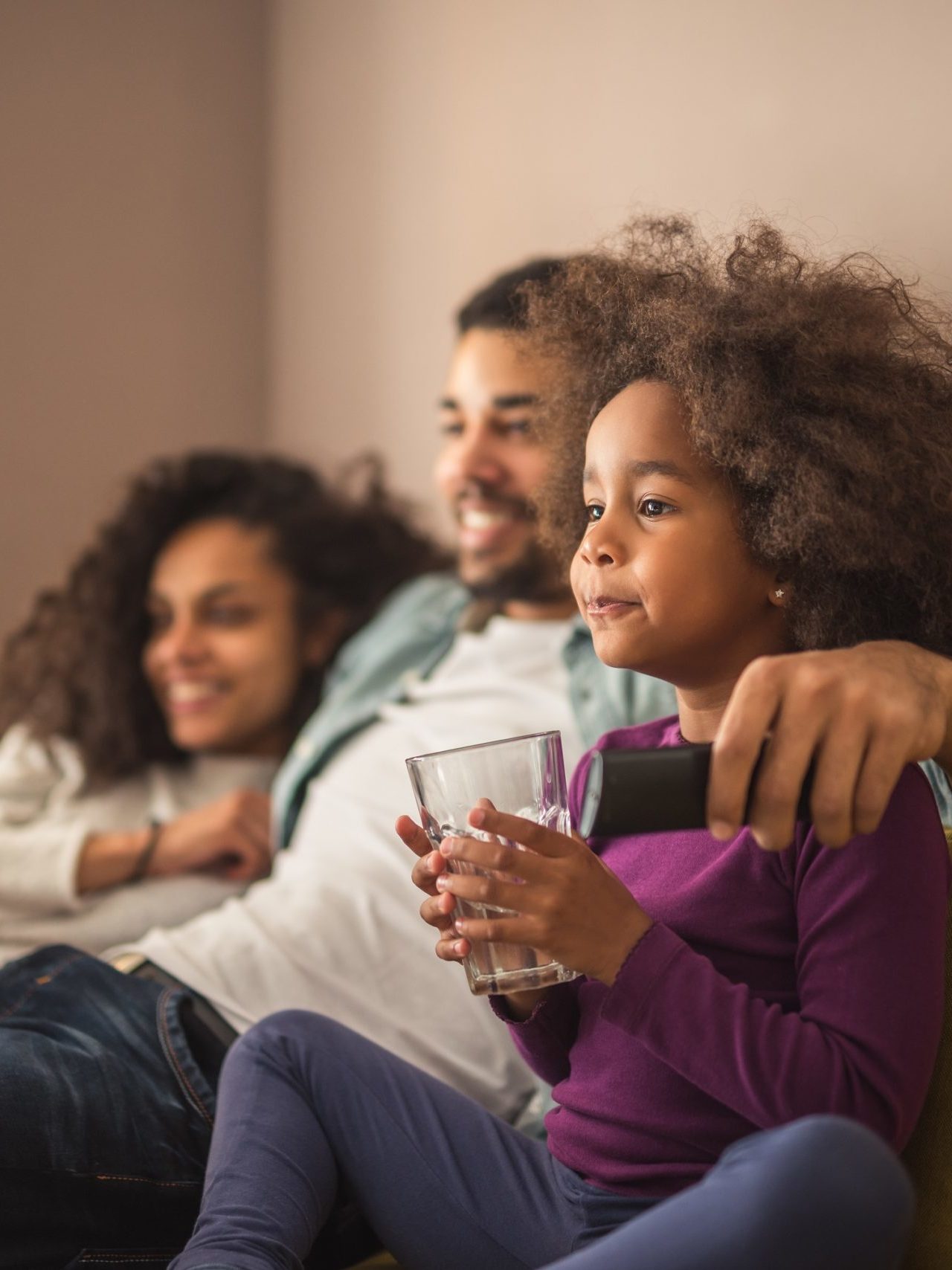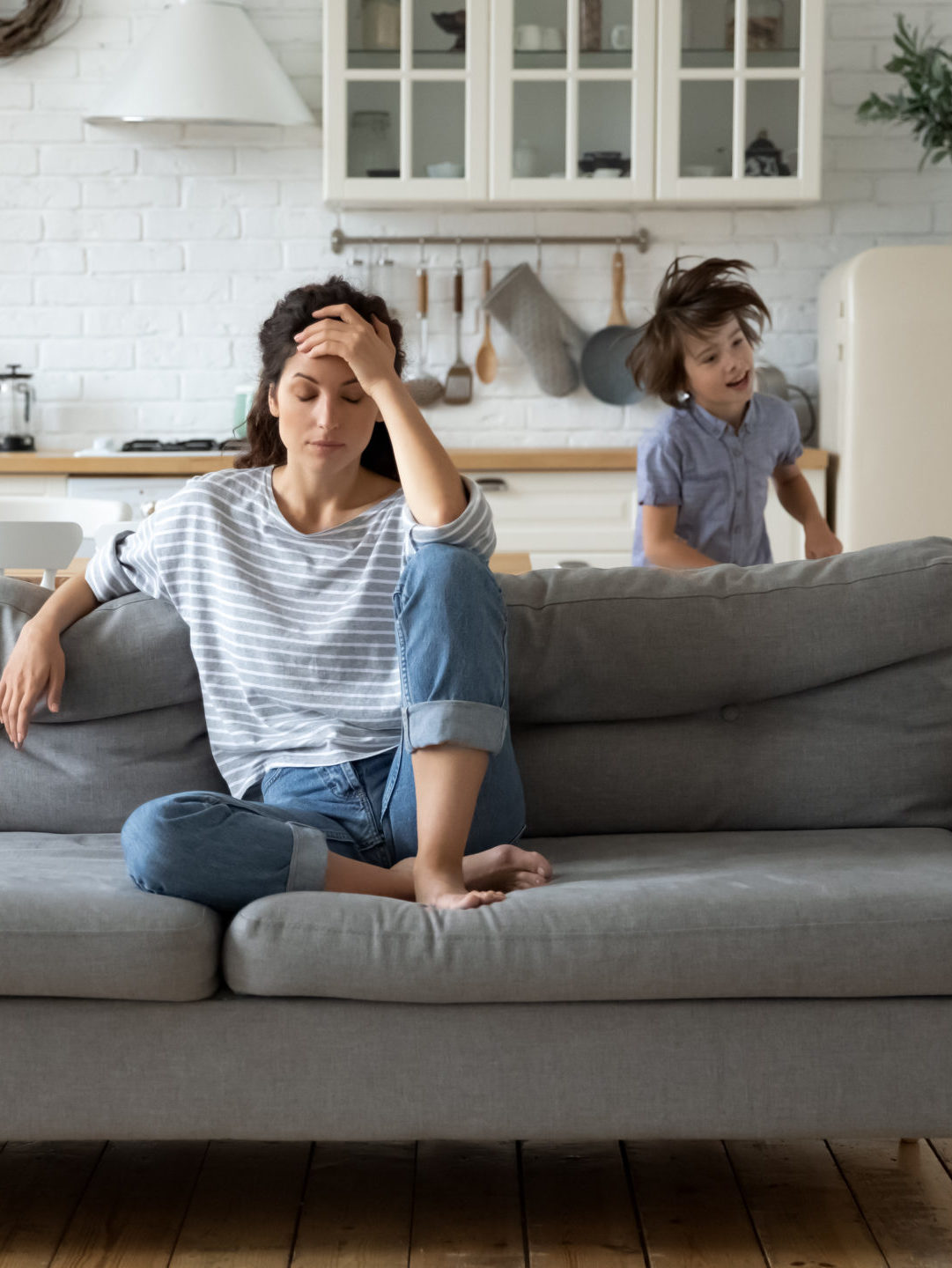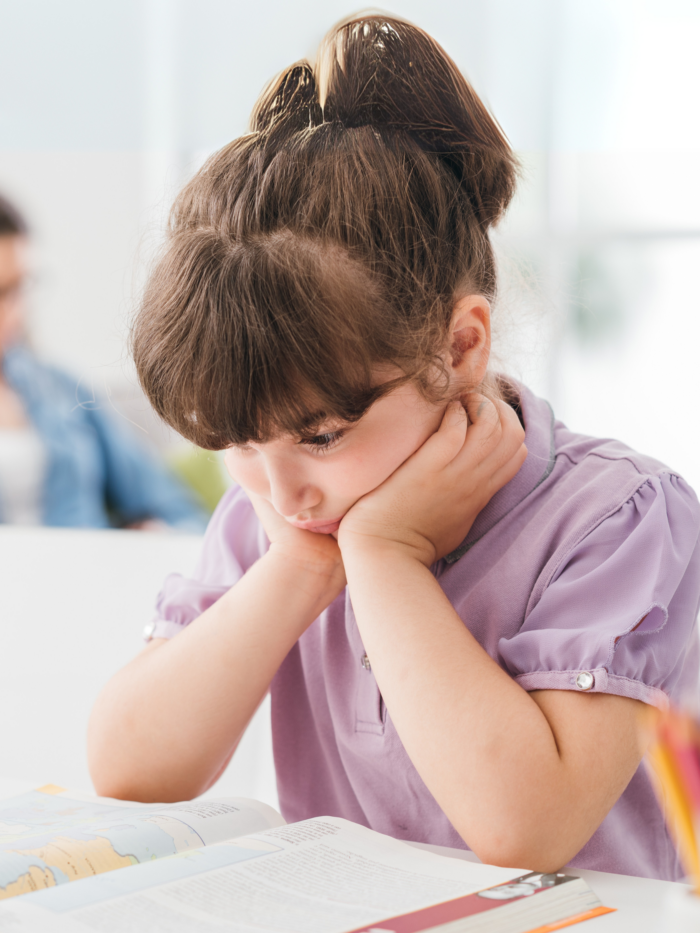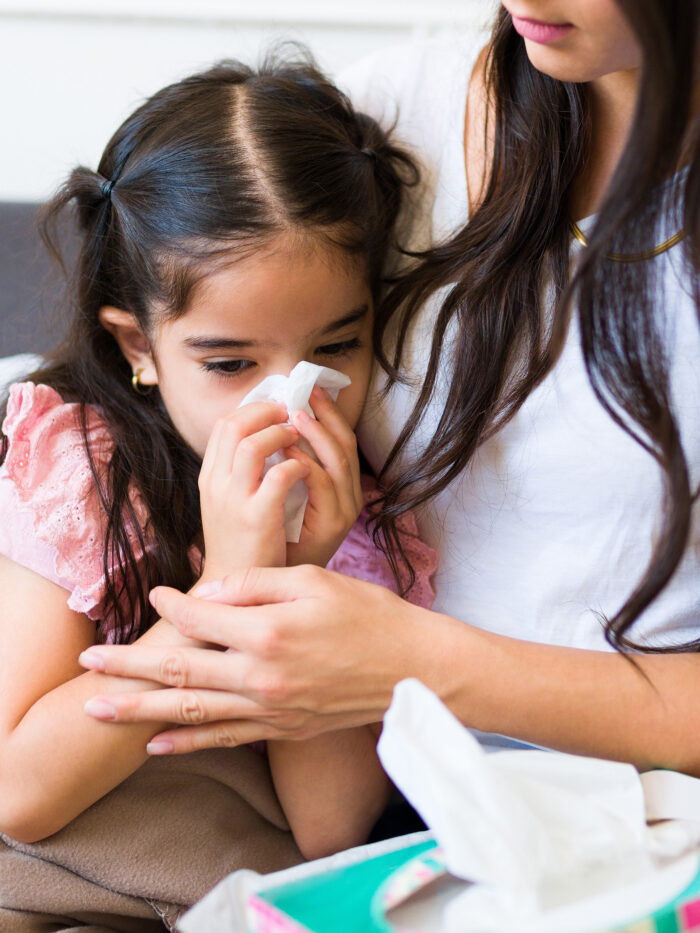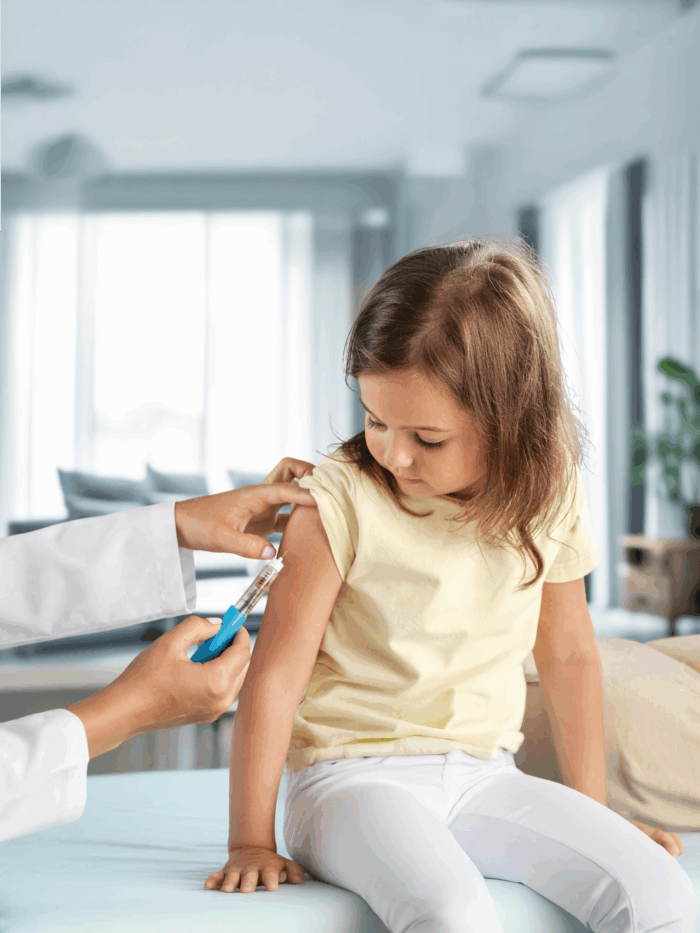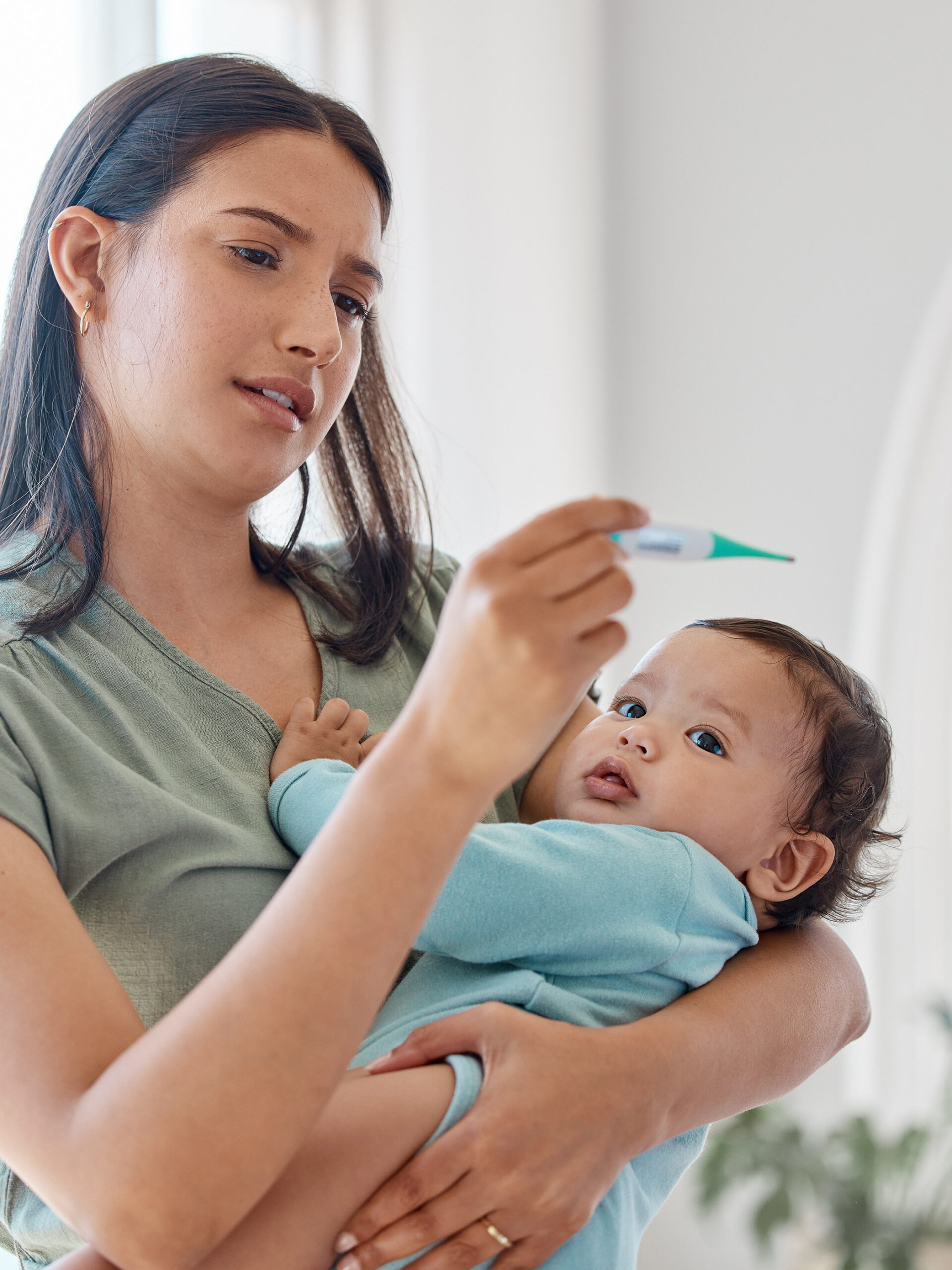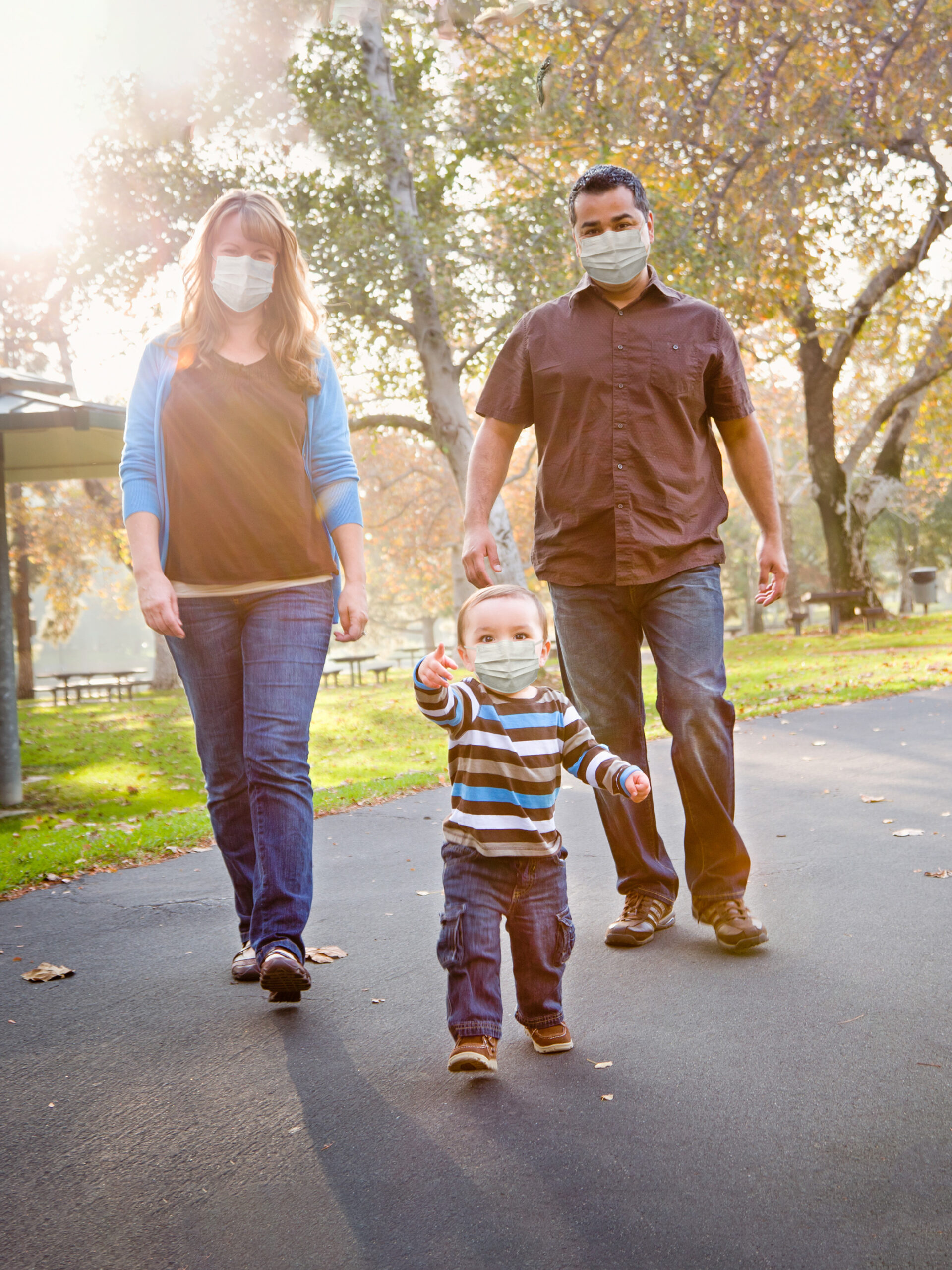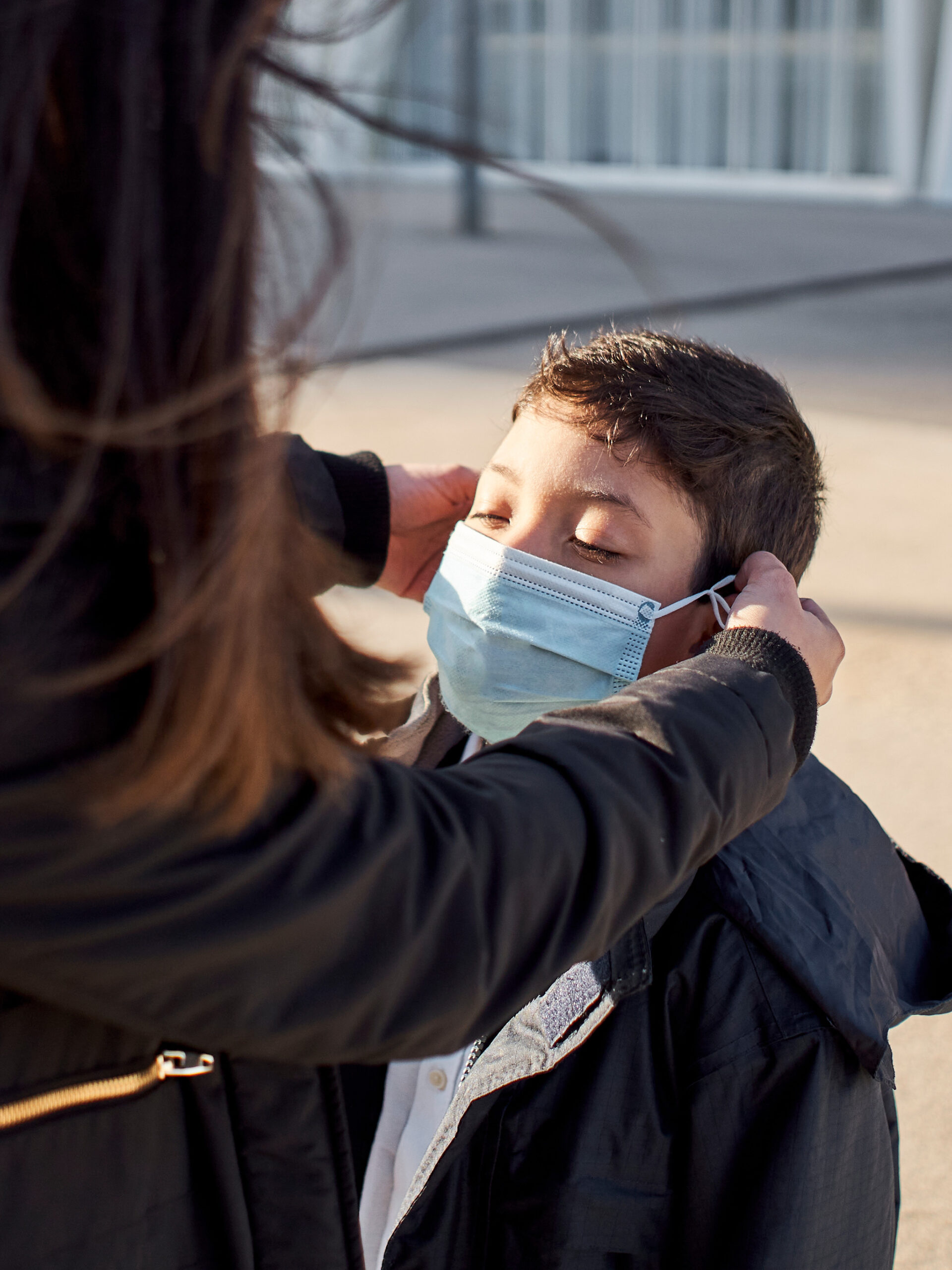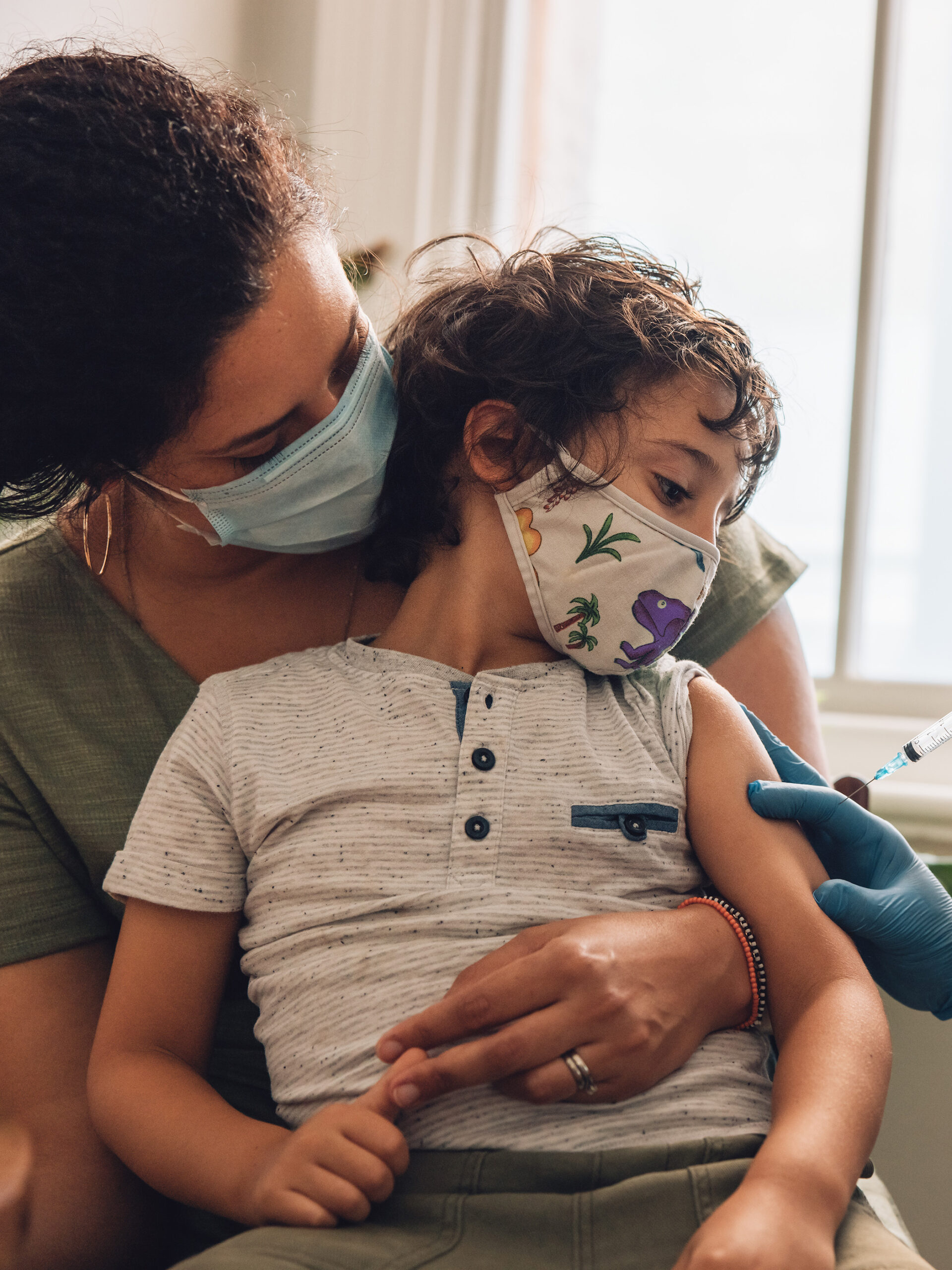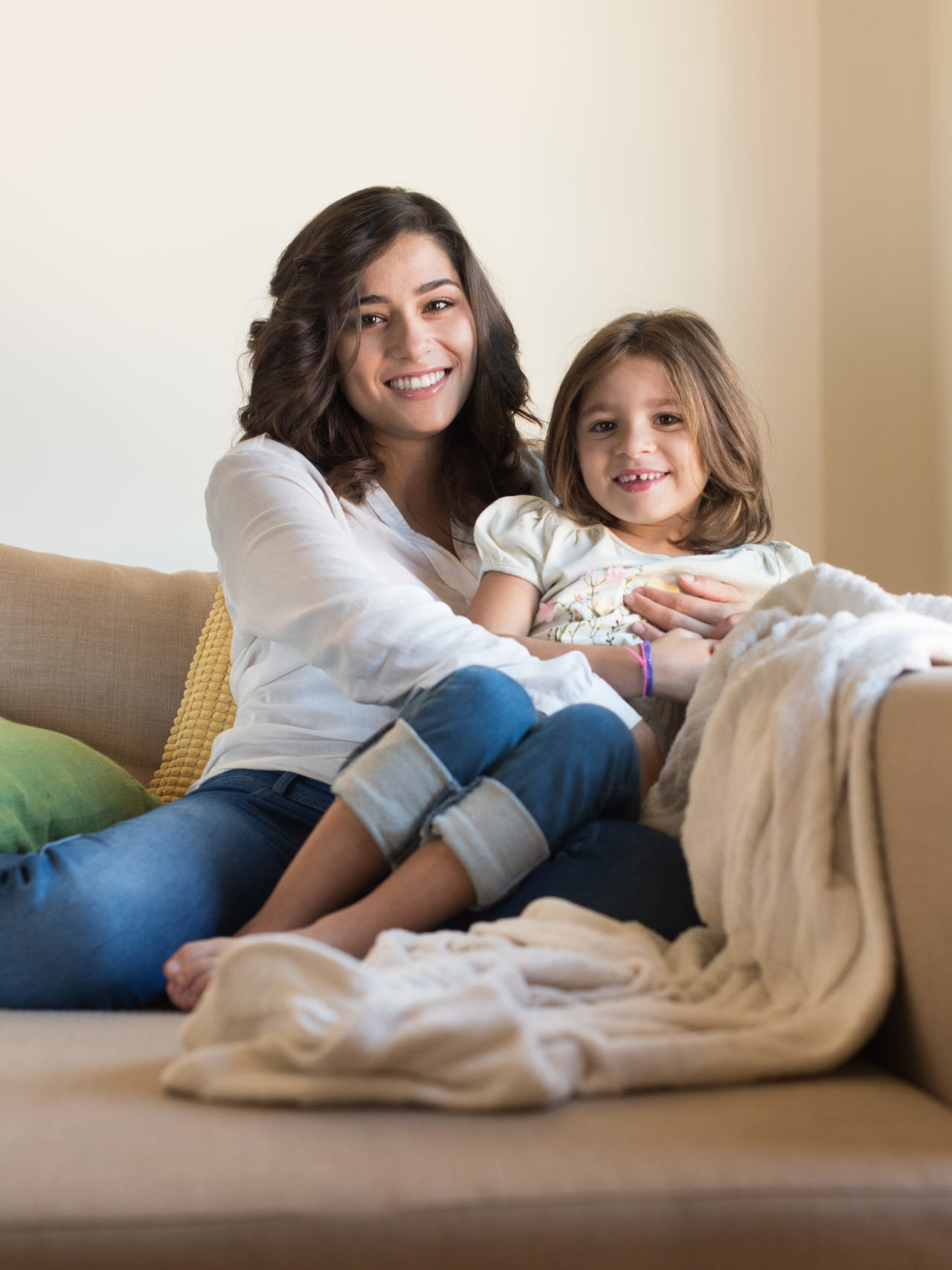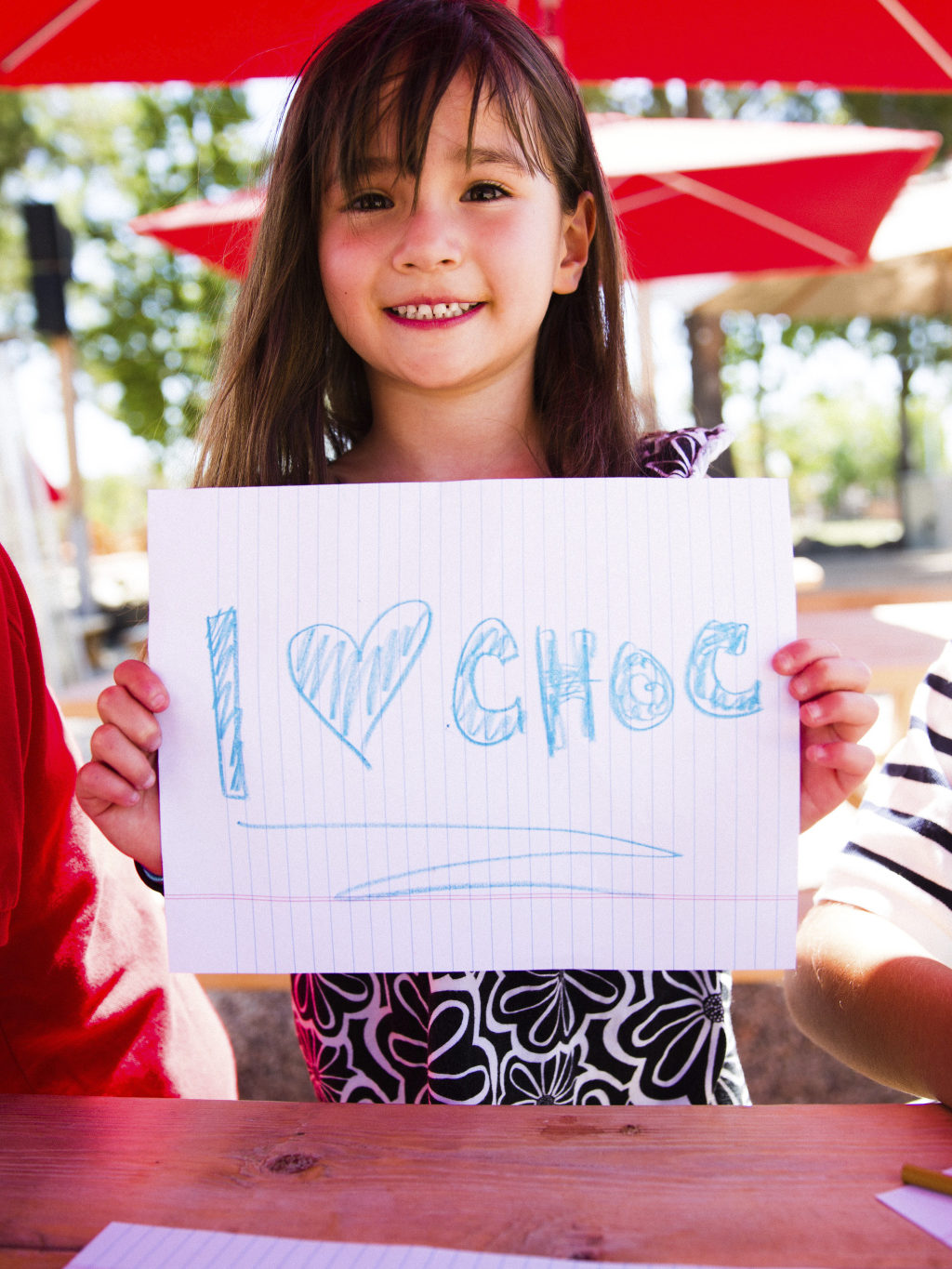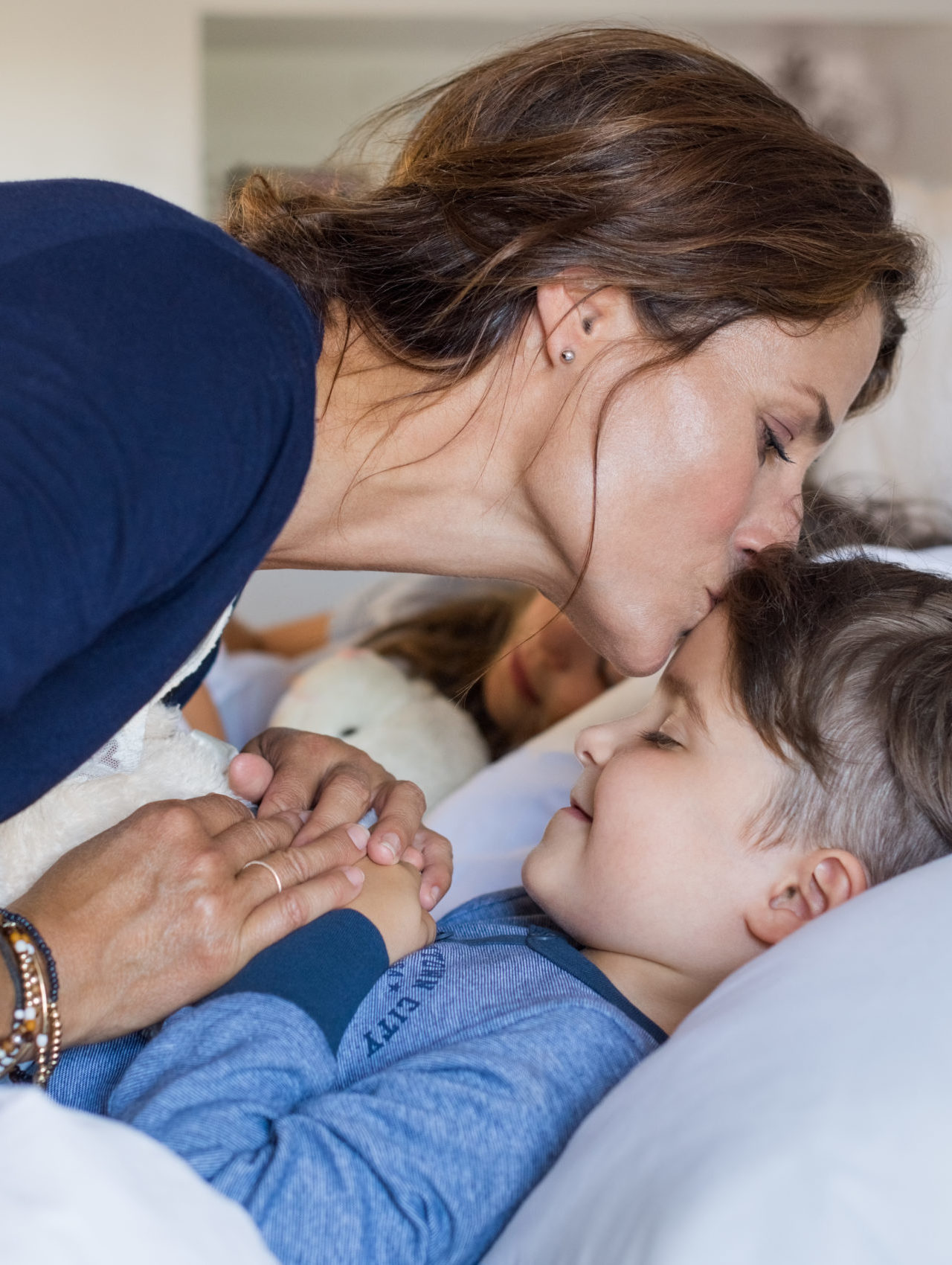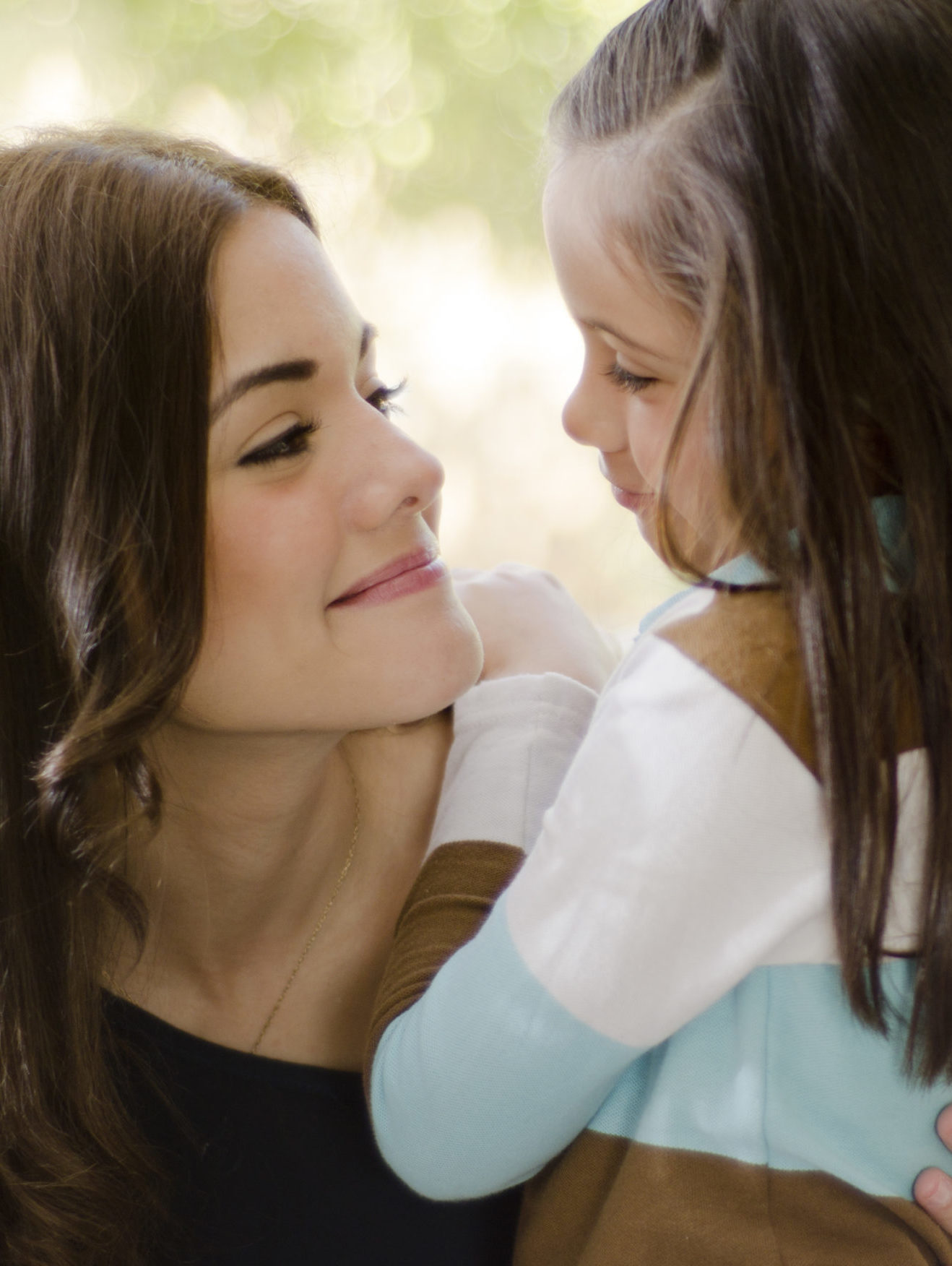COVID-19
Keeping your family healthy is always a top priority. Stay informed with expert guidance from CHOC pediatric specialists on COVID-19 — including the latest recommendations, safety tips and answers to parents’ most common questions.
Rady Children’s Health and the American Academy of Pediatrics (AAP) recommend that all children 6 months and older receive the COVID-19 vaccine from their primary care provider. Vaccination is especially encouraged for young children, those with risk factors for severe illness, and anyone who hasn’t been previously vaccinated.
Schedule a COVID-19 vaccine appointment for your child
To find CHOC’s community clinic on MyTurn, enter zip code 92868
Frequently Asked Questions
What is COVID-19?
COVID-19 is a respiratory illness caused by the SARS-CoV-2 coronavirus. Like other respiratory viruses, it continues to circulate in communities and can cause symptoms ranging from mild cold-like illness to more severe disease.
What are the symptoms of COVID-19 infection?
Symptoms of COVID-19 can include fever, cough, sore throat, fatigue, body aches, headache, congestion or runny nose and shortness of breath. Some children may also experience vomiting or diarrhea.
Most children continue to have mild illness, with symptoms similar to other common respiratory infections. However, children with certain underlying health conditions may be at higher risk for more serious illness. Contact your child’s pediatrician if you have concerns about their symptoms or exposure.
How do you get COVID-19?
The virus is passed mainly from person to person when someone with the infection breathes out respiratory particles — which can happen while talking, coughing or sneezing — and another person inhales them or has them land on their mucous membranes (eyes, nose, mouth). Infection is more likely in close, indoor settings, especially when ventilation is limited. While surface contact is possible, it is not the primary way the virus spreads.
Can someone spread the virus without being sick?
Yes. People who have COVID-19 can spread the virus even if they don’t have symptoms. Some individuals never develop noticeable illness, while others can pass the virus to others before symptoms appear. This is why good hygiene, staying home when feeling unwell, and keeping up to date with recommended vaccinations remain important ways to protect your family and community.
Who should get the COVID-19 vaccine?
All children ages 6 months and older are eligible for the COVID-19 vaccine. Vaccination is strongly recommended for:
- Children 6–23 months old
- Children with underlying health conditions that increase risk for severe disease
- Children in close contact with individuals at higher risk
- Children who have never been vaccinated before
While these groups are the highest priority, any child who is eligible and whose family wishes to vaccinate them may and should receive the COVID-19 vaccine.
Where can my child get vaccinated?
- Children should get the COVID-19 vaccine from their primary care provider whenever possible.
- For children 3 years and older in California, vaccines are also available at local pharmacies without a prescription.
- Children younger than 3 years can receive the vaccine at their pediatrician’s office with a prescription.
Can my child get other vaccines at the same time?
Yes. It is safe to receive the COVID-19 vaccine alongside other routine vaccines, including the seasonal flu shot. Doing so is convenient and ensures children stay up to date on all recommended immunizations.
Is there a shortage of vaccines?
No. Vaccines are widely available through Rady Children’s Health primary care providers, local pharmacies, and other healthcare providers.
Where can I find reliable, up-to-date guidance?
We follow evidence-based guidance from:
- California Department of Public Health (Public Health for All) – primary guidance for the state of California
- American Academy of Pediatrics (AAP) Immunization Schedule – for pediatric vaccination recommendations
These resources provide the most current recommendations and answer common questions about COVID-19 vaccination in children.

What to expect during a COVID-19 test
At a provider’s instruction, children might undergo COVID-19 testing before a scheduled procedure, after being exposed to someone with COVID-19 or after showing symptoms, or before a public event or travel. See what you can expect during a COVID-19 test in these short videos.
English
Spanish / Español
Attention Parents/Guardians: We kindly ask that you do not come to CHOC’s emergency department for return-to-school COVID-19 testing if your child is not ill at this time. You can find information about local testing resources here. Be sure to check with your child’s school or district for their specific guidelines. Thank you for your cooperation in helping us prioritize care for children with serious illnesses or injuries.
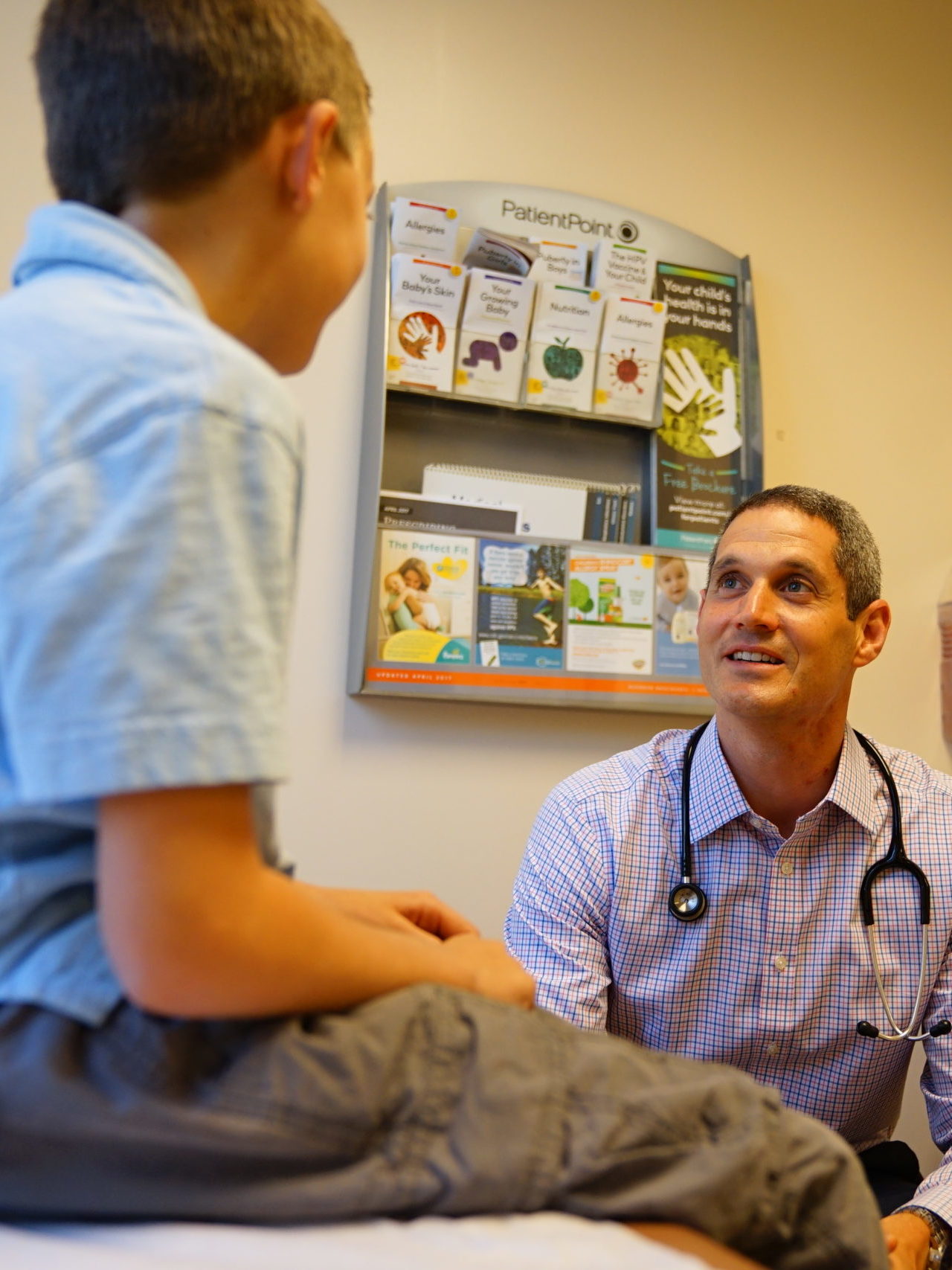
COVID Healthcare
What should I do if I think my child has COVID-19?
If your child develops symptoms of COVID-19, contact their pediatrician for guidance on testing and care. Most children can be managed safely at home with rest, fluids, and fever control, but your child’s doctor can advise you on when evaluation or additional treatment may be needed.
Seek medical attention right away if your child has trouble breathing, persistent chest pain, unusual sleepiness, dehydration, or other concerning symptoms.
For more information
Speak to a CHOC nurse to answer your questions about COVID-19 and your child by calling 1-844-GET-CHOC.
Recommended articles
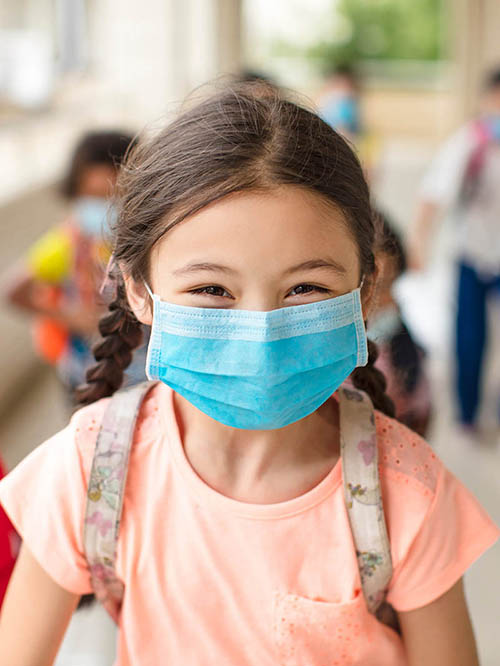
Why eligible children and teens should get the COVID-19 vaccine
The COVID-19 vaccine helps protect your child from getting sick and from developing serious complications, including hospitalization and MIS-C. Vaccination also reduces the risk of spreading the virus to others.
Most children with COVID-19 have mild symptoms, but some can experience severe illness, long-lasting symptoms, or complications, especially children with underlying health conditions. The vaccine is safe and effective for children ages 6 months and older and is the best way to keep them healthy.
Getting vaccinated not only protects your child but also helps families feel more confident participating in school, sports, and other everyday activities.
Schedule a COVID-19 vaccine appointment for your child
To find CHOC’s community clinic on MyTurn, enter zip code 92868
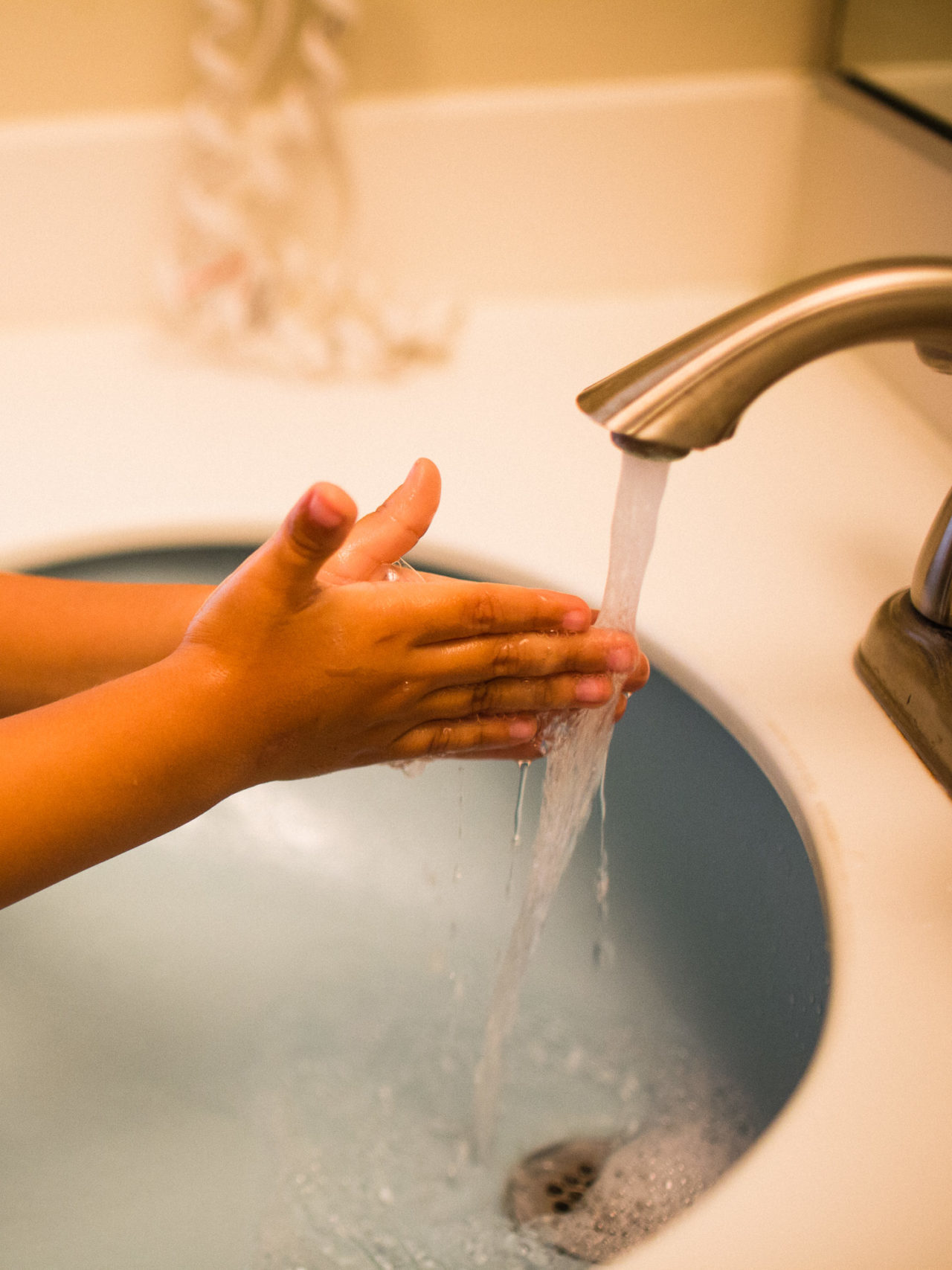
How to protect your family
The best way to protect your family from COVID-19 is for everyone who is eligible to get vaccinated. In addition, you can reduce the risk of illness with these simple steps:
- Avoid close contact with anyone who is sick.
- Stay home when you or your child are unwell.
- Cover your mouth and nose with a tissue or your elbow when coughing or sneezing.
- Wash hands frequently with soap and water for at least 20 seconds, especially before eating, after using the bathroom, and after coughing or sneezing.
- Keep commonly touched surfaces clean using routine household cleaning products.
Should my children and I wear masks?
The American Academy of Pediatrics (AAP) does not recommend universal mask use for children or adults in everyday settings. Masks can be considered for children or family members who are at higher risk for severe illness, in crowded indoor spaces, or during periods of increased COVID-19 activity. Wearing a mask is one of several tools that can help reduce the spread of respiratory illnesses.
How do I launder clothes and toys to help prevent infection?
Wash clothing, bedding, and washable toys according to the manufacturer’s instructions. Use the warmest water setting appropriate for the items and make sure they are completely dry. Laundry from a sick child can be washed together with other family members’ items.
Can I get COVID-19 from touching an object?
COVID-19 is primarily spread through respiratory particles in the air, not by touching surfaces. While it’s possible to get the virus by touching your eyes, nose, or mouth after contacting a contaminated surface, this is not the main way infection occurs. Regular handwashing and good hygiene remain important for preventing COVID-19 and other illnesses.
Can I transmit COVID-19 to my pets?
COVID-19 can rarely spread from people to pets, usually after close contact with someone who is infected. To help protect your pets:
- Avoid close contact with pets if you are sick, similar to how you would limit contact with other people.
- Wash your hands before and after interacting with pets, especially if you are ill.
- If your pet becomes sick or you have concerns about their health, contact your veterinarian before bringing them in.
- Call your veterinarian with questions or concerns on your pet’s health before bringing them to the veterinary clinic.
Most pets that have been infected experience mild or no symptoms. Following these precautions helps keep both your family and your pets healthy.
Recommended articles
Mental Health Tips
Life for children and families can be busy and sometimes stressful. CHOC mental health experts share practical tips to support emotional well-being for family members of all ages. Explore strategies to manage stress, build resilience, and maintain healthy routines at home, school, and in everyday activities.
Supporting your child at school and beyond
Children and families can sometimes experience stress or anxiety related to school, activities, and everyday life. In these articles, CHOC experts offer guidance on what parents might expect from their children, practical strategies to support them, and signs that may indicate a child could benefit from professional mental health support.

Everyday health and safety for families
Life can be busy, and balancing children’s activities, school, and social time with family well-being is important. Here are some ways to help your family stay healthy and safe:
Staying well at home and out and about
- Encourage handwashing, covering coughs or sneezes and staying home when anyone is sick.
- Keep up with recommended vaccinations, including COVID-19, flu and routine immunizations.
- Practice good hygiene and clean commonly touched surfaces regularly.
Participating in activities and travel
- Children can safely attend school, sports and social activities while following standard precautions.
- When traveling, plan ahead to maintain healthy routines, pack necessary medications and monitor for signs of illness.
Supporting your child’s well-being
- Talk openly about health and safety in a calm, age-appropriate way.
- Encourage physical activity, healthy eating, and social connections.
- Watch for signs of stress or anxiety and seek professional guidance if needed.
Recommended resources
Schedule a COVID-19 vaccine appointment for your child
To find CHOC’s community clinic on MyTurn, enter zip code 92868
COVID-19 Articles
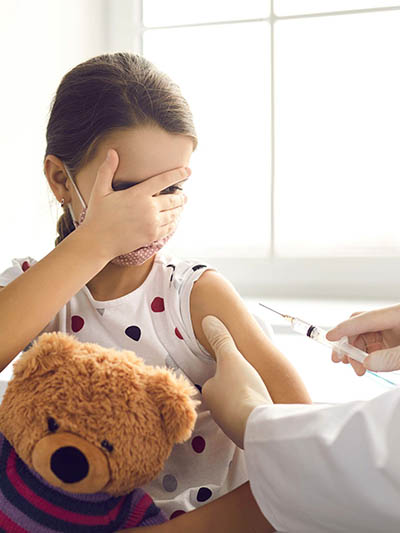
Guide to COVID-19 Vaccines for Children & Teens
The COVID-19 vaccine is safe and effective for children ages 6 months and older and is the best way to protect children from serious illness, hospitalization, and complications such as MIS-C. This guide answers common questions and provides reliable information to help families make informed decisions about vaccination. We understand you may have questions about the vaccine and have created this guide to help address them.
The guide includes the following content:
COVID-19 vaccine authorization status by age group
COVID-19 vaccine FAQs
COVID-19 vaccine and fertility
COVID-19 vaccine and myocarditis
COVID-19 vaccine and pediatric asthma
The guidance on this page has been clinically reviewed by CHOC pediatric experts.
For more health and wellness resources from the pediatric experts at CHOC:
Sign up for the Kids Health newsletter.
The contents of this webpage, including text, graphics, audio files, and videos (“Materials”), are for your general information only. The Materials are not intended to substitute qualified professional or medical advice, diagnoses, or treatments. CHOC does not recommend or endorse any specific tests, physicians, products, procedures, or other information that may be mentioned on or linked to this webpage. Always call your physician or another qualified health provider if you have any questions or problems. If you think you may have a medical emergency, call your doctor, go to the nearest emergency department, or call 911.
For more health information for your family visit health.choc.org

